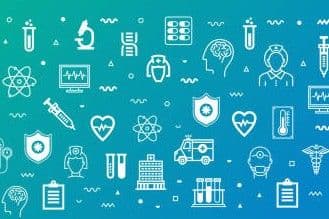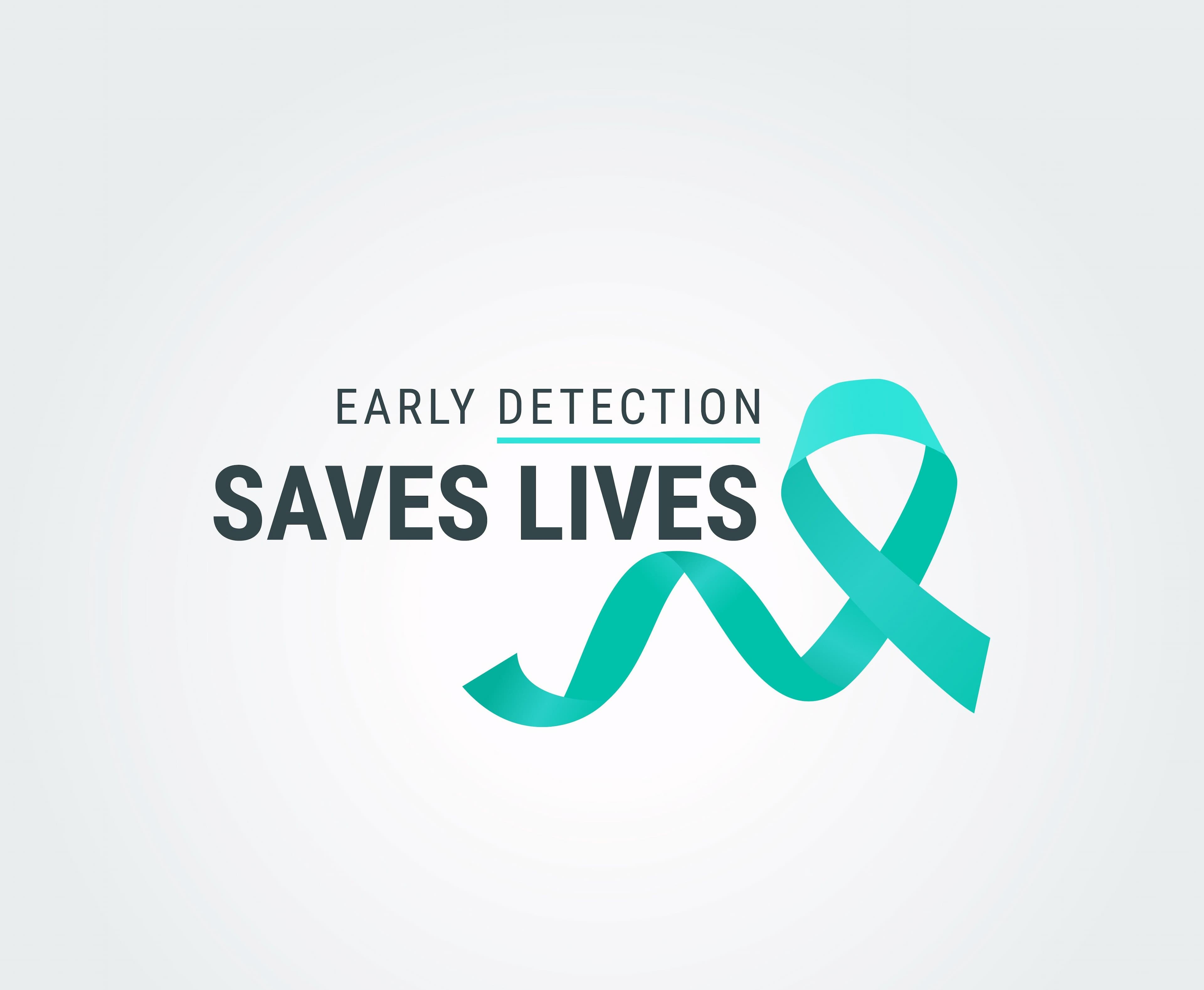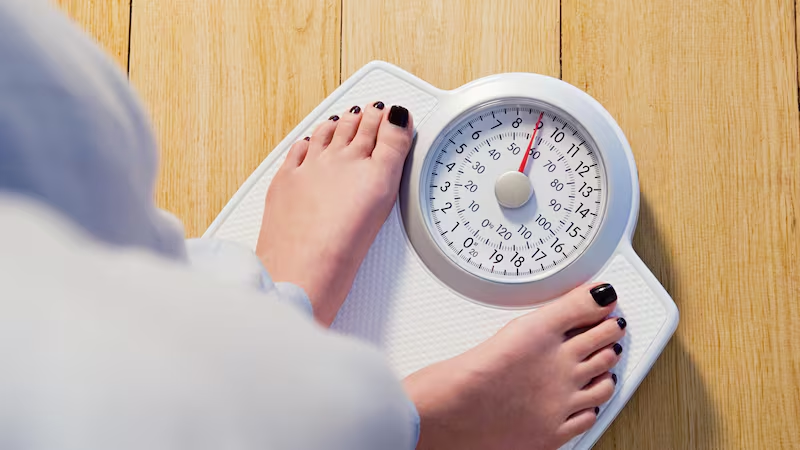
Ramadan in UAE: Wearable tech, AI improve health monitoring during fasting
Tracking health metrics lets fasting individuals to make data-driven decisions
Wearable technologies and AI-driven apps are changing how people approach fasting by providing valuable inputs to monitor and optimise their health, according to medical experts.
Doctors have noted a “significant increase” in people embracing wearables, especially smartwatches, glucose monitors, and AI-powered health apps that track key factors such as hydration, sleep, and metabolic health.
Dr Dalia Omar Yousif Mohd Alamin, Specialist in Internal Medicine at Burjeel Medical Centre in Abu Dhabi’s Al Shamkha, underlined that wearables allow data-driven decision-making for fasting individuals, particularly those with chronic medical conditions.
“The integration of continuous glucose monitoring, blood pressure monitoring, heart rate variability tracking, and hydration sensors enables safe fasting practices, early detection of complications, and personalised medical interventions,” Dr Alamin said.
“Whether tracking glucose stability, heart rate patterns, sleep, hydration, or metabolic shifts, these insights empower individuals to make informed decisions and ensure that fasting remains safe, effective, and sustainable,” she said, noting that wearables also transform the fasting experience by providing real-time physiological feedback, personalised adjustments, proactive health management and early warnings for potential complications.
“AI-driven wearable apps suggest modifications in fasting duration, meal composition, or physical activity based on the user’s health trends,” Dr Alamin said.
Analyse sleep patterns
Dr Mohamed Zedan, Specialist in Family Medicine at NMC Royal Hospital Sharjah, noted that wearable technologies like smart health tracking bands can track heart rate, detect abnormal patterns, oxygen saturation in the blood, exercise hours and training time, average calories burned during daily activities, respiratory rate, and body temperature in some advanced models.
“Specialised models track heart rate and sweat levels and even analyse small particles from the skin to track hydration levels and recommend that the user drink or substitute electrolyte loss through the connected apps,” he said.
Ramadan presents specific sleep challenges, as people usually have different work and activity schedules. Dr Zedan underlined that individuals using smart health trackers can analyse sleep patterns, detect insomnia, and receive customised and personalised management plans.
“Wearable health devices are excellent sleep trackers and provide detailed data about sleep patterns, hours, and continuity for the user. This data can be analysed to produce recommendations for patients, helping them implement changes to improve their sleep and decrease the risk of cardiac and vascular diseases, such as hypertension and heart disease, which are encouraged by an interrupted sleep cycle,” Dr Zedan added.
Clinical impacts
Diabetes and metabolic syndrome: Continuous glucose monitoring wearables allow real-time glucose monitoring to prevent fasting-induced hypoglycemia or hyperglycemia.
Hypertension and cardiovascular disease: Wearables with blood pressure and heart rate tracking help assess hemodynamic stability.
Chronic kidney disease: Hydration sensors provide insights into fluid balance and electrolyte disturbances.
Obesity and metabolic health: Monitoring fat oxidation, energy expenditure, and ketone production aids in personalised dietary planning.
